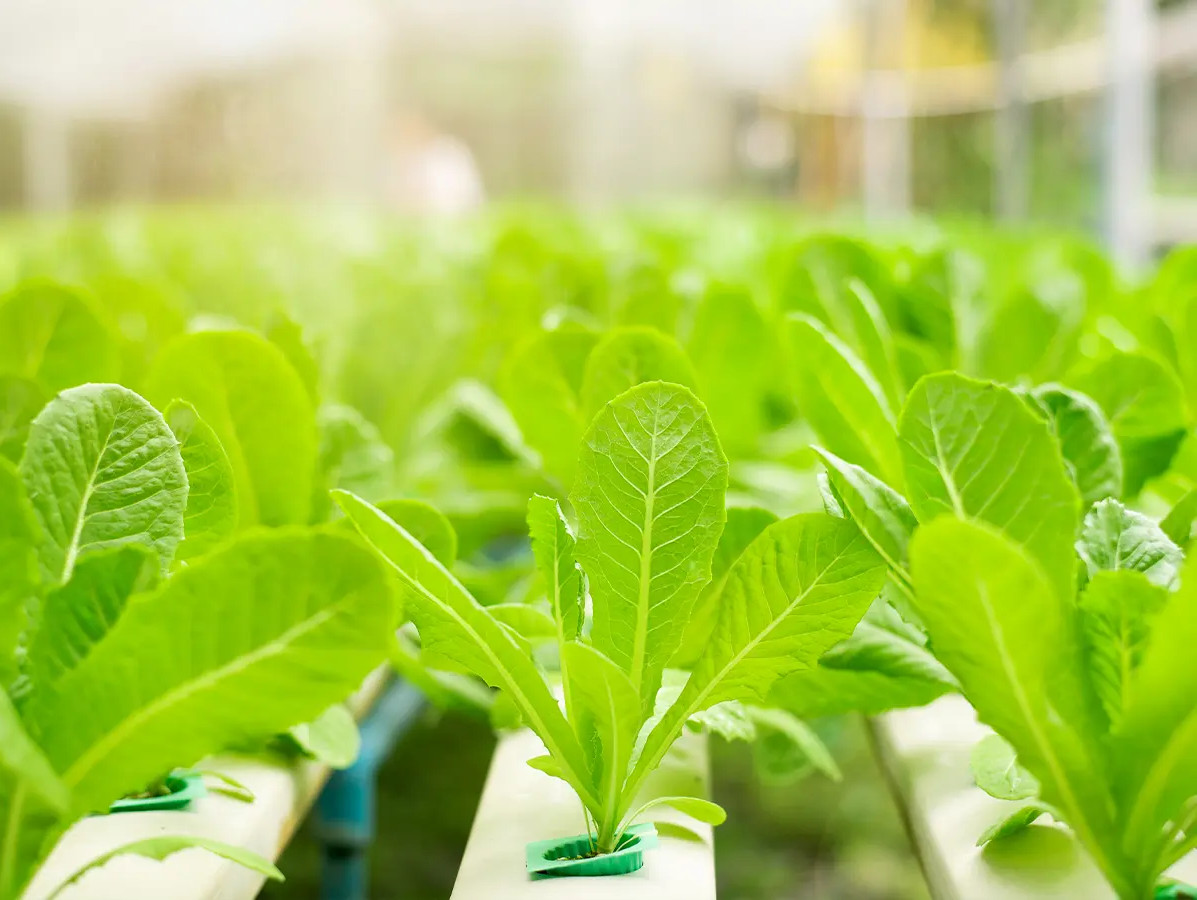
The new EU Corporate Sustainability Due Diligence Directive (CSDDD) requires companies to thoroughly examine their impact on people, the environment, and society. For the Dutch agro-food sector, this represents a significant effort to identify and address risks within their supply chains.
Under the CSDDD, companies must scrutinize not only their own activities but also those of their direct and indirect supply chain partners. This demands detailed insights into social and environmental performance across the entire supply chain. “The 54 Dutch agro-food companies falling under the directive need information from their supply chain partners,” explains Miriam Vreman, a researcher at Wageningen Economic Research. Even companies not directly covered by the directive may be required to share data, particularly if they are involved in high-risk activities.
The directive emphasizes collaboration to reduce risks such as CO2 emissions, biodiversity loss, or human rights violations. Vreman warns against shifting responsibility: “The goal is for large European companies to take the lead. Small entrepreneurs in high-risk regions should be supported, not excluded.”
Although companies are given time to map and address risks, Vreman stresses that action is essential. “Companies can focus on the most significant risks and must demonstrate progress. Working step by step is allowed, but it’s clear that the sector needs to start moving now.”
By promoting supply chain collaboration, the CSDDD presents an opportunity to elevate sustainability practices in the agro-food sector to a higher level.
Source: Wageningen Economic Research